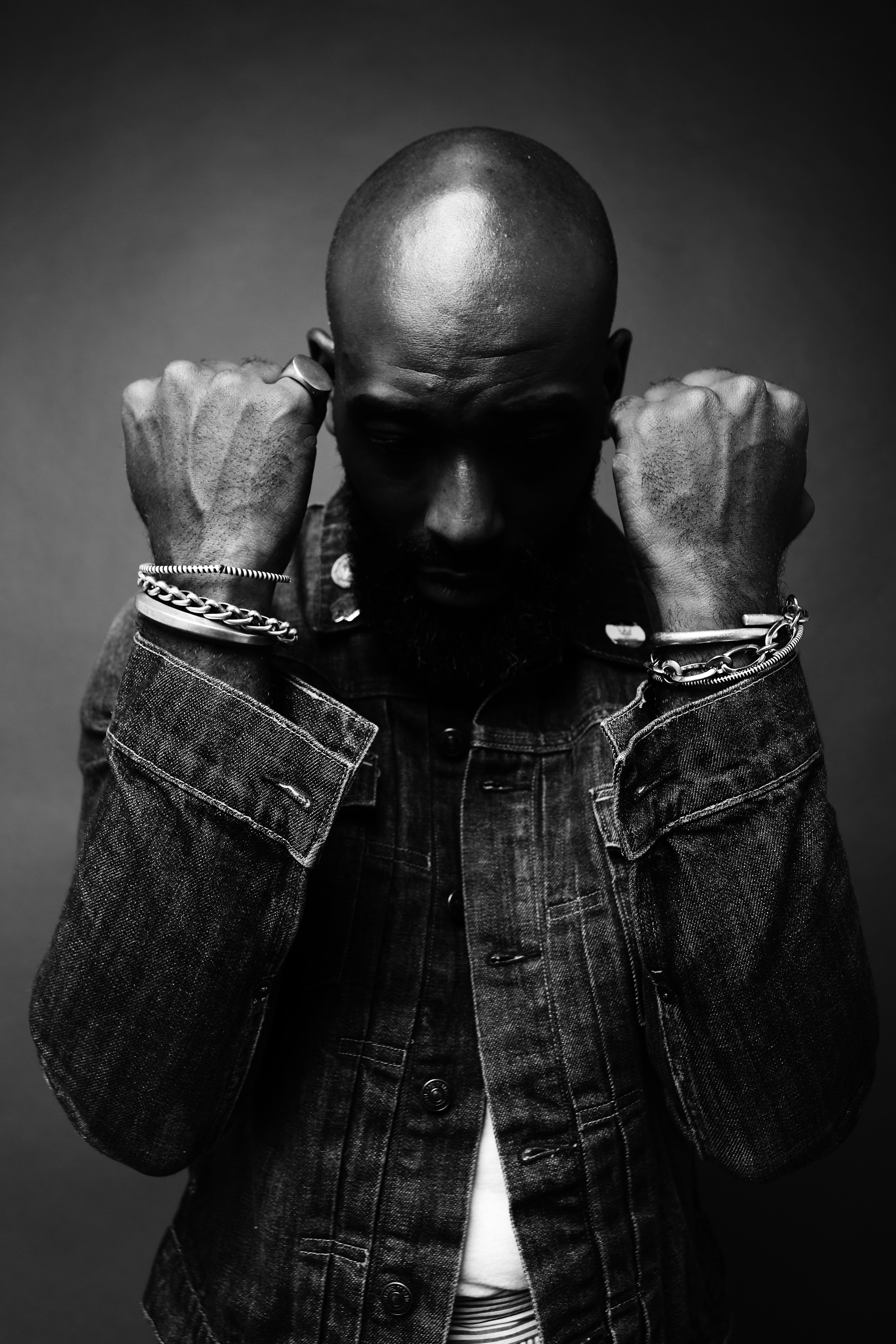Liberation Theology With Evangelical CoatingDr. McIntire astutely observes that the Chicago Declaration uses statements that any evangelical would agree with, and then twists the meaning to support their social gospel agenda--and any resemblance to the emerging church of the 21st century, is, of course, purely coincidental. I had a similat reaction to the Chicago Declaration as Dr. McIntire; there are statements in it I agree with, but then it goes off in the direction of the social gospel, which is, as Dr. McIntire states, a false gospel. See also my post, "Today's Evangelicals, Tomorrow's Liberals"--A Warning from 1983.
By Carl McIntire
The prominence now being given to the Evangelicals for Social Action, led by Ronald J. Sider, reveals the promotion of their views by the religious press. The reason is that the evangelicals are calling for all to support the World Council of Churches and to remain in it. At the Vancouver meeting of the World Council of Churches, Ronald Sider was on the program.
Reproduced is the declaration adopted in a meeting in Chicago called the Thanksgiving Workshop on Evangelical and Social Concern, held in Chicago the Thanksgiving weekend of 1973. In a report by Sider, he makes his acknowledgments, also reproduced.
Sider called it a historic moment for Biblical and social concern. The strategy used is to make positive statements which an evangelical would accept and then twist their meaning around to support the Marxist attack upon freedom, free enterprise and American capitalism. The thrust is against the social structure which produces injustice. It is an evangelical coating of Liberation Theology. All of the usual themes are included, unjust social structures, racism, peace, feminism. This analysis takes the document section by section.
The entire document is here analyzed with direct quotes.
1. As evangelical Christians committed to the Lord Jesus Christ and the full authority of the Word of God, we affirm that God lays total claim upon the lives of his people. We cannot, therefore, separate our lives in Christ from the situation in which God has placed us in the United States and the world.
This statement is typical of evangelicals, and the words "committed" to Christ and "full authority" is their language. Wherever the words, "full authority," are used, they are a substitute for "infallibility" and "inerrancy of the Scriptures."
This opening sentence standing alone, does express the responsibility of Christians for the welfare and the moral standards needed to maintain a decent country, free and with "in God We Trust" on its currency.
2. We confess that we have not acknowledged the complete claims of God on our lives.
Every Christian will recognize his failure and can accept such a statement as it stands, yet every Christian does desire to make Jesus Christ Lord of all things. This is the approach made to catch the eye and lead the evangelical along.
3. We acknowledge that God requires love. But we have not demonstrated the love of God to those suffering social abuses.
Yes, God does require love of one's neighbor. It is required by the Law, but the statement now moves into "those suffering social abuses." Now we move into the thrust that leads us to a Marxist solution to these social abuses, not a Christian.
4. We acknowledge that God requires justice. But we have not proclaimed or demonstrated his justice to an unjust American society. Although the Lord calls us to defend the social and economic rights of the poor and the oppressed, we have mostly remained silent. We deplore the historic involvement of the church in America with racism and the conspicuous responsibility of the evangelical community for perpetuating the personal attitudes and institutional structures that have divided the body of Christ along color lines. Further, we have failed to condemn the exploitation of racism at home and abroad by our economic system.
This lengthy paragraph leads the evangelicals into the heart of the battle raging over our free enterprise and capitalist system. God requires justice, and it is under the terms, "peace and justice," that the Marxists are carrying on their revolution over the world. America, they say, had an unjust social system, and it has an economic system of exploitation. The name of the Lord is used "to defend the social and economic rigts of the poor," which requires, first, in the name of justice, the removal and destruction of this "unjust American society." The burden of this section is that poverty and racism are tied together and that "institutional structures" and the present economic system are primarily responsible for it. This is Liberation Theology, deceiving evangelicals to support revolution. This declaration is repeating pronouncements of the World Council of Churches, which reflects the influence of the presence of the Soviet clergy in its midst.
5. We affirm that God abounds in mercy and that he forgives all who repent and turn from their sins. So we call our fellow evangelical Christians to demonstrate repentance in a Christian discipleship that confronts the social and political injustice of our nation.
God does abound in mercy; He does forgive sin; and again the evangelicals affirm this sentence. But "repentance" is in confronting the social structure of injustice. To repent means to join the forces of revolution that would produce a new society of so-called economic justice and equality, which is nothing more than a sanctified Cuba. These evangelicals are summoned "to confront the social and political injustice of our nation."
6. We must attack the materialism of our culture and the maldistribution of the nation's wealth and services. We recognize that as a nation we play a crucial role in the imbalance and injustice of international trade and development. Before God and a billion hungry neighbors, we must rethink our values regarding our present standard of living and promote more just acquisition and distribution of the world's resources.
Yes indeed, Christians must confront the materialism of our culture. But to deal with the maldistribution of the wealth of the nation moves into the realm of government regulation and control, which the Soviets have resolved with their Marxist structure. This removal of what is called the "imbalance and injustice of international trade" is the endorsement of the new economic order which Moscow first brought to the United Nations, which then Secretary Kissinger endorsed, and which the Reagan administration has rejected. The remainder of this statement promotes a world social order with some power at the top outlining the 5-or-10-year plan.
7. We acknowledge our Christian responsibilities of citizenship. Therefore, we must challenge the misplaced trust of the nation in economic and military might--a proud trust that promotes a national pathology of war and violence which victimizes our neighbors at home and abroad. We must resist the temptation to make the nation and its institutions objects of near-religious loyalty.
Christians do have a responsibility for citizenship, but this responsibility is the exact opposite of what these evangelicals are promoting. Scripture makes it clear that there has to be peace by strength and there has to be economic and military strength to deter the action of the [Soviet] Union and their allies against the United States. The last sentence of this quote reflects the attack of the secular press on what is called civil religion.
8. We acknowledge that we have encouraged men to prideful domination and women to irresponsible passivity. So we call both men and women to mutual submission and active discipleship.
This section deals with feminism, no longer is man to be the head. Such statements as these reveal that this New Evangelical pronouncement has separated its actual policy and position from the clear commands of the Word of God. This destroys the family relation God has ordained and opens the door to divorce and unfaithfulness.
9. We proclaim no new gospel, but the gospel of our Lord Jesus Christ, who, through the power of the Holy Spirit, frees people from sin so that they might praise God through works of righteousness.
By this declaration, we endorse no political ideology or party, but call our nation's leaders and people to that righteousness which exalts a nation.
So they proclaim no new Gospel. This is a part of their deception in the same vein in which they opened the declaration. It is another Gospel. It has been called the social gospel, but they call their fraud "the gospel," and they speak of "the power of the Holy Spirit." Then they come around to what is called "works of righteousness." The candy they offer has an evangelical coating, but the heart is arsenic to destroy the U.S.
10. We make this declaration in the biblical hope that Christ is coming to consummate the Kingdom and we accept his claim on our total discipleship till he comes.
So it ends as it started, Christians are to abandon their responsibility as outlined in the Ten Commandments and accept the Marxist philosophy in relation to human society and the state control in the lives and property of its citizens.
What these evangelicals have done is to abandon the Ten Commandments. The summary and exposition of these and the Larger Catechism defends individualism under God and makes man responsible for his neighbor's welfare and wealth. Having departed from the Word of God, these evangelicals in their blindness have joined the revolutionary forces whose basic philosophy is rooted in the rejection of God and His will for His creatures. Righteousness does exalt a nation but not the phony righteousness of Marxism that would first destroy capitalism with its free and private enterprise and then replace it with the all-powerful state exemplified in the Soviet Union. There the church leaders in the Russian Baptist Church and Russian Orthodox churches claim that their new state order is fulfilling the righteousness and kingdom of God.
The Chicago Declaration is dangerous, diabolical, and will enslave the very evangelicals they are promoting. Christianity does involve the total life of the believer, but his life must be dedicated not to destroying the freedom God gives, but in defending it. When President Reagan in Orlando in 1983, appearing before the National Association of Evangelicals, spoke of the Soviet Union as an "evil empire" and the "focus of evil," it was Ron Sider, a member of the NAE, who led the assembled evangelicals not to endorse or even commend the President's statement concerning the destructive nature of Communism.
The Chicago Declaration reveals how successful the ecumenists have now become in getting these evangelicals who basically question the inerrancy and infallibility of the Bible to join their caravan for a world church with the evangelicals constituting a wing in world religion...
A few years after Dr. McIntire published his article, Ron Sider was boasting about his participation in the "Witness for Peace" program in Nicaragua, in which the participants acted as human shields to impede the efforts of the Contras who were fighting against Nicaragua's Sandanista regime. The actions of the "Witness for Peace" participants had the effect of aiding the Sandanista regime, a regime that committed genocide against the Miskito Indians and was persecuting Christians. For information on the Sandanistas' treatment of Christians, I recommend the book Breaking Faith: The Sandanista Revolution and its Impact on Freedom and Christian Faith in Nicaragua by former Sandanista Humberto Belli, published in 1985. Mr. Sider's participation in "Witness for Peace" gives the lie to his claim as a member of ESA to "endorse no political ideology or party." "Witness for Peace" was a project that resulted in de facto support for Marxism and the Sandanista regime. When Mr. Sider claims to be a Christian while supporting a regime that persecutes Christians, I think I'm entitled to ask whose side he's on.



.JPG)


































